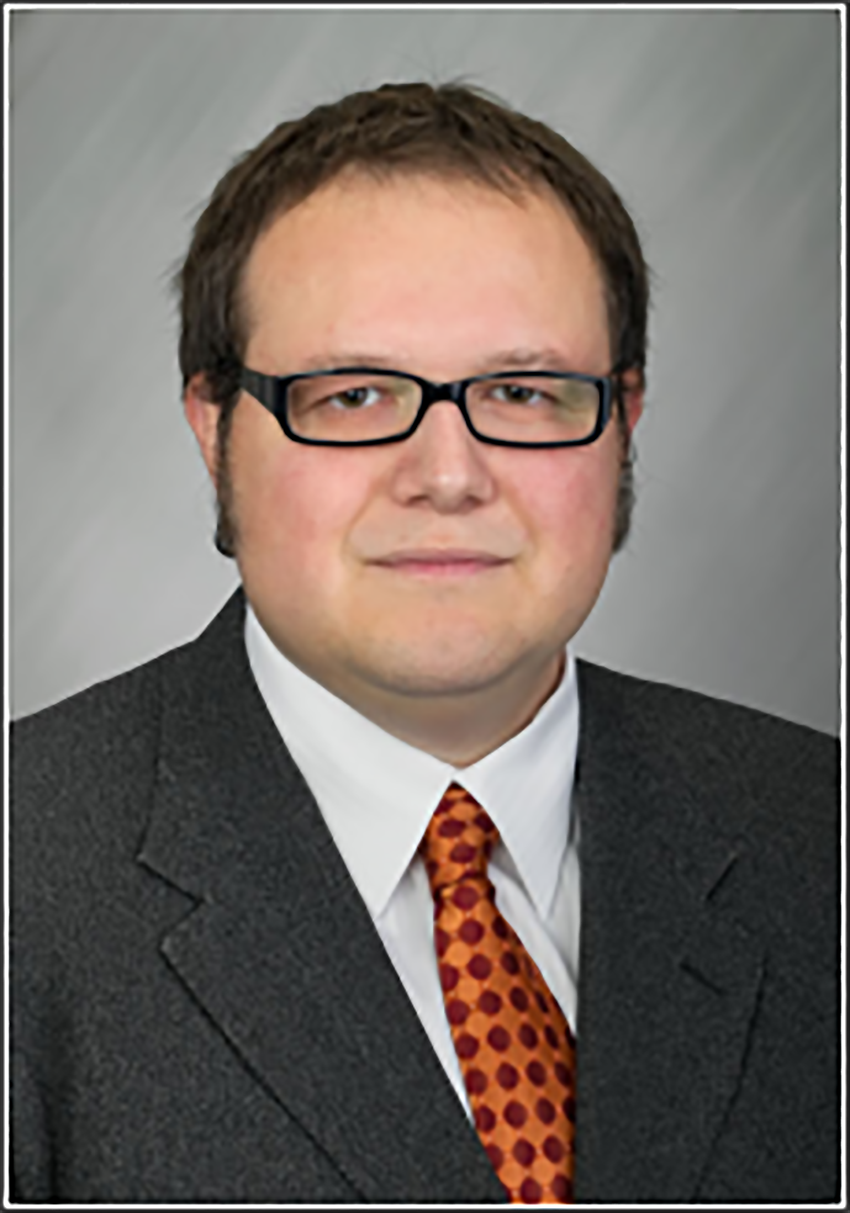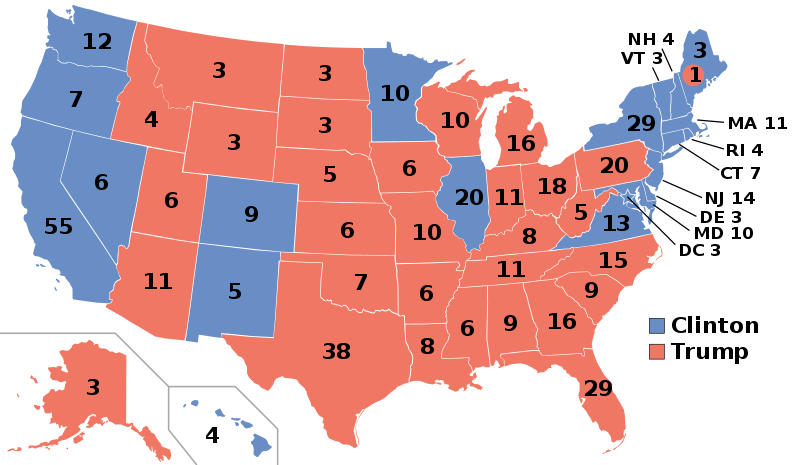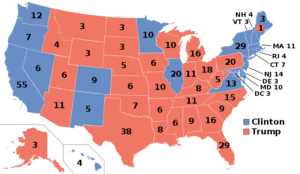Electoral College, fair?
Dec 5, 2016
The Electoral College, the system through which the president of the United States is elected, has faced heavy scrutiny in light of the recent election. The system lifted Donald Trump to the presidency, despite the fact he lost the popular vote to Hillary Clinton. As of press time, Clinton holds a 2.3 million vote lead over Trump.
Justin Holmes, a political science professor who specializes in American politics, says he opposes the Electoral College.
One of the problems Holmes sees in the Electoral College is that the system was created to solve problems that “no longer exist.” The Electoral College was created for two primary reasons.
The first was to compensate for a lack of ability to wage a nationwide campaign during the 1700’s. Most people didn’t know much about politics due to technological deficiencies, and so the Electoral College was created to give elites with a better knowledge of politics more influence.
“One of my gripes is that the Electoral College doesn’t need to do the first thing anymore,” Holmes said. “We have campaigns. It’s not a question of getting the message out. Donald Trump can tweet at three in the morning and owns his own airplane; it’s not like we can’t get around.”
Secondly, the Electoral College was created as a safety valve; in the event citizens choose an unfit president, the Electoral College can intervene and put a more suitable candidate into office.
“The other thing is that in practice, the Electoral College has never been deliberative like the second story would require,” Holmes said. “The idea there is that they come together and they think about who is a good [candidate] and they pick that person.”
Holmes added that not only is there no deliberation, but many states have laws that punish electors who vote against whoever won their home state.
“I’m really uncomfortable with a system that allows the popular vote winner to lose,” Holmes said. “The winner comes down to accidents of geography. You don’t have to win votes; you have to win votes in the right places.”
Donna Hoffman, head of UNI’s political science department, said she favors the Electoral College. Hoffman said that while the electoral college is far from perfect, the system has several overlooked strengths.
According to Hoffman, the Electoral College gives a voice to political minorities who likely wouldn’t have one in a popular vote system. Hoffman cited the ethanol industry in Iowa as an example.
“In Iowa, candidates typically have to come here and address ethanol,” Hoffman said. “They wouldn’t do that if we didn’t matter – in the sense of being a state – and that’s one of our particular interests.”
Another group that Hoffman believes benefits from the Electoral College are Hispanics and Latinos.
“Hispanics are, roughly, nationwide about 12 percent of the electorate. And they matter in certain states,” Hoffman said. “You have to address Hispanic concerns in Florida – Florida is a swing state. And Texas – Texas isn’t a swing state yet, but it probably will be in a few cycles. Same thing in Arizona. Would Hispanic voices be heard to the same extent if you just had a popular vote?”
Hispanics make up 18 percent of eligible voters in Florida, 28 percent in Texas and 22 percent in Arizona.
Hoffman also said the Electoral College benefits small states and rural areas because it gives them a voice that they may not have if America went by the popular vote. Instead of campaigning solely in high population centers, candidates must campaign in and pay attention to the needs of small states.
“Being from the state of Iowa, we should like the Electoral College in the sense that it gives us a larger voice than we normally would have if we went by the popular vote,” Hoffman said.
Junior psychology major Gunnar Whisler believes the Electoral College was useful in the past, but believes the system should be modified. However, Whisler hesitated to call the recent election results unfair.
“I’m not sure I would say it was unfair because that is the system that both of the candidates pledged to run under,” Whisler said. “They were both aware that they could lose the Electoral College vote, yet win the popular vote.”
“I have mixed feelings about the Electoral College,” said Caitlyn Briggs, sophomore human resource major. “I understand how it helps give power to the less populated states, but it doesn’t make sense to me how someone who wins the popular vote may not become president.”
According to both Hoffman and Holmes, efforts to convince the Electoral College to reject Trump in favor of Clinton or another Republican are unlikely to bear fruit.
“There’s absolutely no way the Electoral College is going to make Hillary Clinton president,” Holmes said.
Holmes and Hoffman also agreed that regardless of what one may think of the Electoral College, it isn’t going to be replaced anytime soon. In fact, abolishing the Electoral College would require a constitutional amendment.
“Everybody should get used to it, because it’s not going away,” Hoffman said.












